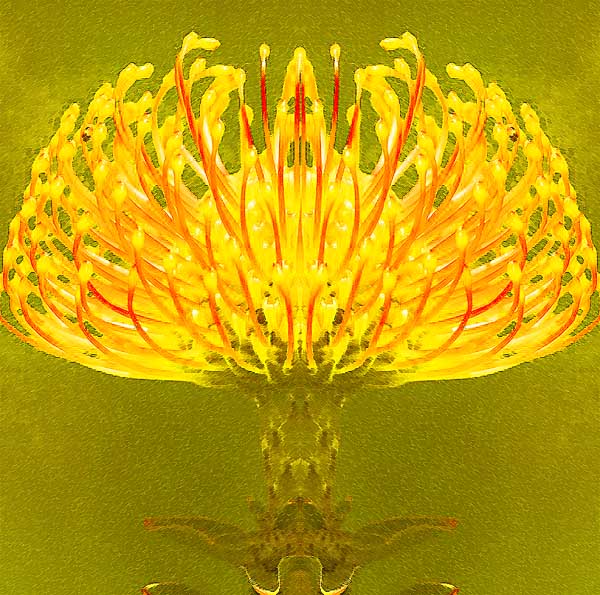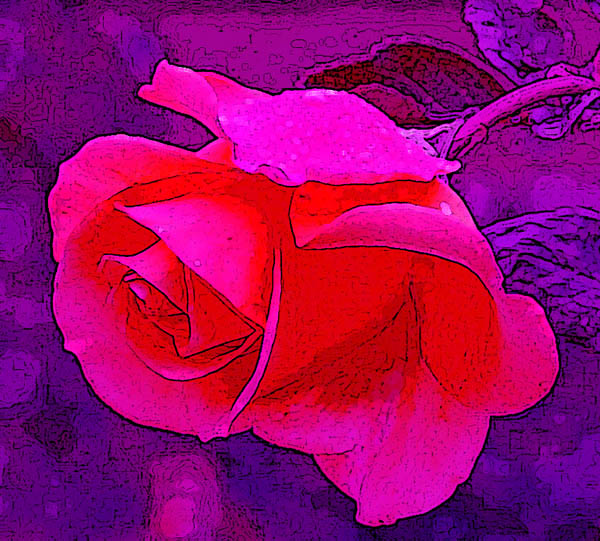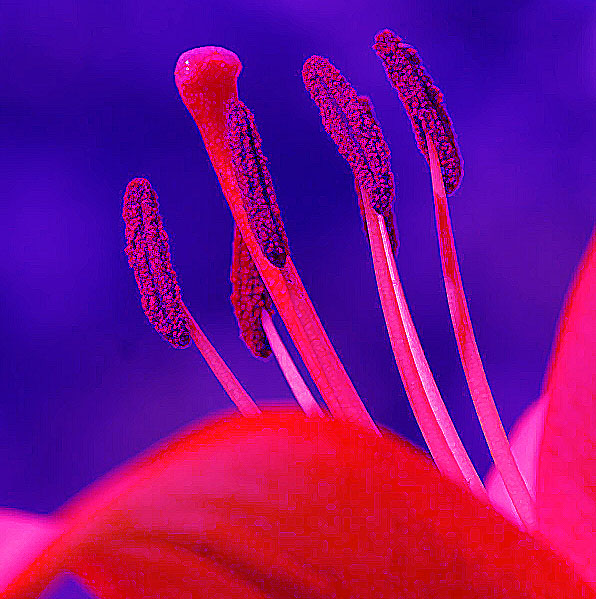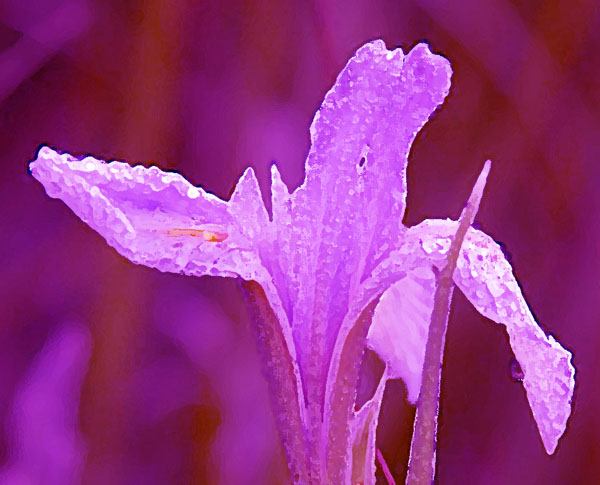|
|||||||||||||
|
is Culture Use By Punkerslut
What is the intended effect of any culture's ideas? Whether traditions, ceremonies, books, or stories, what is the intention of culture? Throughout all continents, it has filled the heart with life and passion, the mind with storm and thought. Many of the ideas of culture have focused around following a leader, around obedience and submission. But many other ideas have centered around doing good for the community and serving the people of our world. By reading new books about different understandings of the world, by taking in and consuming novels and poetry and nonfiction, one is widening their consciousness. They have a new experience that expands their thinking and excites their emotions. Culture Use, in this sense, is the uplifting of the individual. Whether reading philosophy, like Voltaire and Plato, or ethics, like Spinoza and Bentham, or revolutionary thinking, like Paine and Bakunin -- even if there is not an agreement on all points, one moves forward by bringing in other ideas and concepts into their view. Just as one can decide to take the world into their heart, one can decide to exclude it. One can try to understand the ideas and feelings of the people on the planet, or they can only take in a particular nation, religion, or race. An individual can take in as their culture either Islam or Taoism. They can decide to be proud of their nation, whether its America, Italy, Russia, or Argentina. And just as they can take in the religion or nation given to them at birth, they can also take in their race. They may choose to value a race above all others, whether its White Supremacists or Black Nationalists. Culture can be something that brings humanity together, that helps those of different upbringings understand, tolerate, and even accept each other. But it can also have the opposite effect. One may not be bound to the common good of all, but just to bringing glory, power, and domination to their particular sect among the others. They will see the strength of Catholicism, Mongolian Nationalism, or the African pride as the primary end. Life is not driven by an impulse to help all people, but rather to give activity and power to their exclusive culture.
What is it when someone consumes a drug? What is it when someone inhales, snorts, swallows, or injects an intoxicant? It is called Drug Use, but it is simply another act of Culture Use. And just as an individual ingesting culture can have a good or bad effect on them, it is the same as someone consuming drugs. One's culture can make them feel more connected to others, and this will give them the potential for sympathy, hope, and compassion. But someone's drug use can also produce this feeling. The heritage of philosophers, psychologists, and sociologists is concerned with abstract thought and theoretical ideas. But this is exactly what one experiences when they use psychedelic, mind-expanding drugs, such as LSD and magic mushrooms. It is undeniable that culture and drugs are completely mixed up and, in certain cases, they are inseparable. Wine is a sacrament of the Catholic religion. [*1] Peyote, the hallucinogenic cactus, has been used religious in Native American religion; [*2] Psilocybin and Psilocin mushrooms, also hallucinogenic, have been used throughout indigenous cultures of Mexico and the Americas; [*3] Agaricus muscarius, another hallucinogenic mushroom, have been used by ancient, Iranian shamen; [*4] many ancient, Northern European cultures used intoxicating mushrooms, and this was among the "powers" used by witches of the 1600's; [*5] Chinese shamen from thousands of years ago used Marijuana; [*6] the Anadenanthera plants, filled with the chemical 5-OH-DMT, are used as an intoxicant by South American shamen; [*7] the ancient Greek cults of Demeter and Persephone gave its members "a potion," made of fermented rye grain, which produced Lysergic Acid Amides, as well as an unknown, "magic mushroom." [*8] The biography of any of these drugs would be incomplete if it didn't cover the culture they were born from.
There are also many cultures that are completely abstinent from drugs. But they, too, have religious practices that produce the same effect. Fasting is a part of the month of Ramadan for Muslims, just as it is a religious practice among Buddhists and Hindus. By starving the brain of certain needed chemicals, one is capable of reaching a mind state that produces hallucinations and "unworldly experiences." And there are so many types of physical deprivation that religions demand of people. Many spend their lifetime working for a church while living in poverty, just as excessive labor and body manipulations are required by certain temples. Overall, though, it is far healthier to use drugs than to starve your body and brain of vital nutrients. Culture has the intention of exciting our passions, giving life to our hopes, and spurring ideas in our minds. Drugs accomplish this task in a far more direct route. They turn off some nerves, then turn on some senses -- they activate parts of the brain and produce emotions or ideas in the user. Visions and sounds can be altered, as one who uses the Psilocybin mushroom may feel that they are flying, or as the one who uses LSD may actually see the sounds they're hearing or taste the colors they see.
A drug is almost certain to produce some effect, even though it may vary from person to person. But, a culture doesn't always cause the same reactions. Some may be in favor or against it, and in different degrees, just as each person's traits respond in their own way to each intoxicant. However, a culture is more specific. It assigns value to real things, to people or ideas or society. A drug, however, is abstract. When an individual's intoxication makes them see rivers coming from the skies and light echoing out of every human being, when they expand to the size of galaxies and can throw planets, or when they shrink to the size of ants and can see everything -- does it incline them towards any real values? It only brings them towards one abstract ideal: to give value to our living experience on this planet. And from here, a person's mind can go in any direction. The hallucination of any of these psychedelic drugs produce insights, visions, and unreal forms; whether it is DMT or Mescaline, AMT or MDMA. They each perform in their own way, as MDMA is a psychedelic amphetamine that produces feelings of love and physical passion. DMT, on the other hand, lasts for only a few minutes, and it rips a person's soul through the fabric of time and space. It is completely disorienting and very mind-expanding, and its users sometimes believe that they are dead during the experience. Salvia Divinorum, at small amounts can produce a mild, creative buzz, but at high doses, can cause people to black out, take off their clothes, and wander through public areas. Mescaline, LSD, and mushrooms all act in their own way, and as different experiences, they can lead people to new abstractions of reality. They can expand the boundary and horizon of the individual's vision in new directions. The founder of Western Philosophy, Plato, experienced the ceremony of Eleusinian mysteries, where he ingested a cocktail of Lysergic Acid Amides, Ergotamine, and magic mushrooms. [*9] If there was anyone today that has the same passion and inspiration, the United States government is determined to imprison them. The United States government, as well as most states around the world, has taken the position to outlaw certain drugs completely and generally to regulate other drugs. But the variety of responses from different drugs is similarly analogous to a culture. Just as every person sees different things in cultural backgrounds, so too does every person react distinctly to various drugs. Where one experiences a psychedelic ecstasy by taking a pill, another may have an allergic reaction. Ultimate, personal liberty necessarily means the right of all to try and use any of these drugs. A free culture can only begin where there is a free conscience and body.
Punkerslut, Resources *1. Catholic Encyclopedia, New Advent, Entry: "Altar Wine."
|






